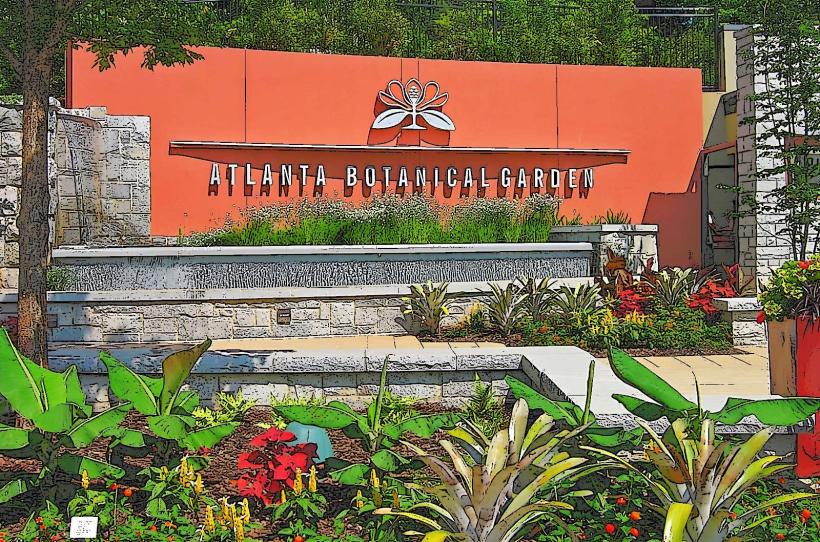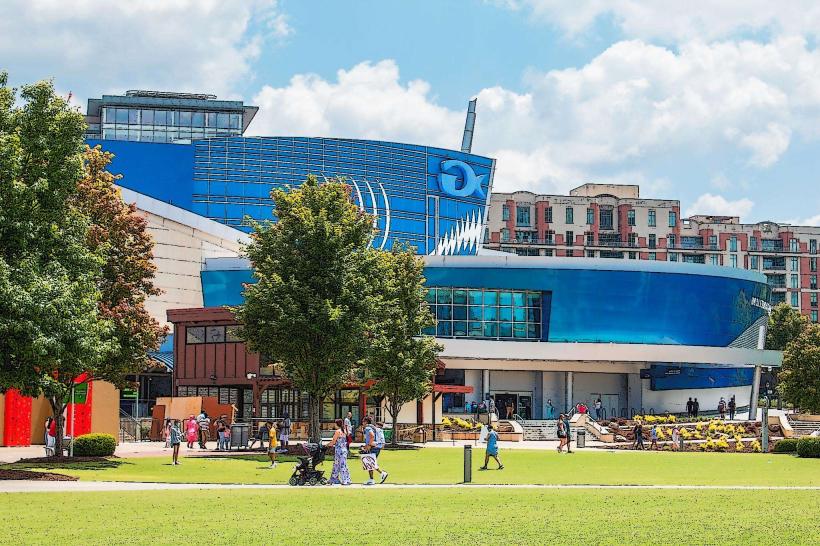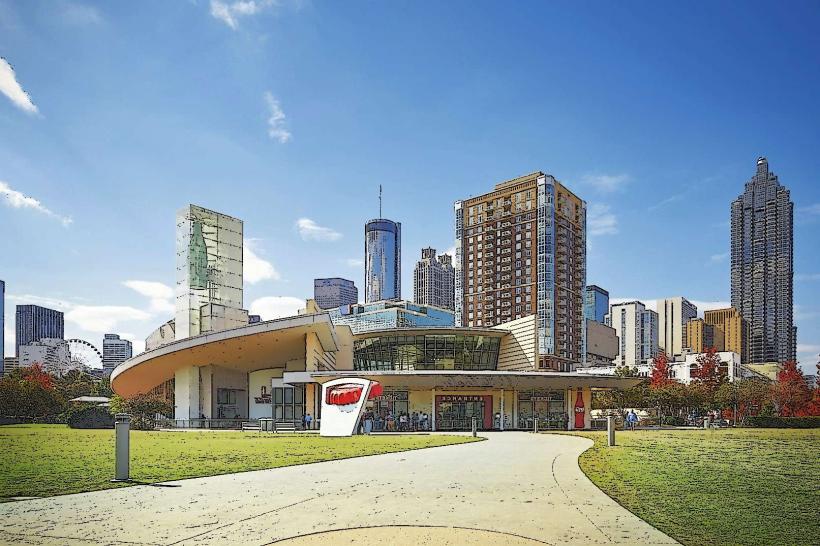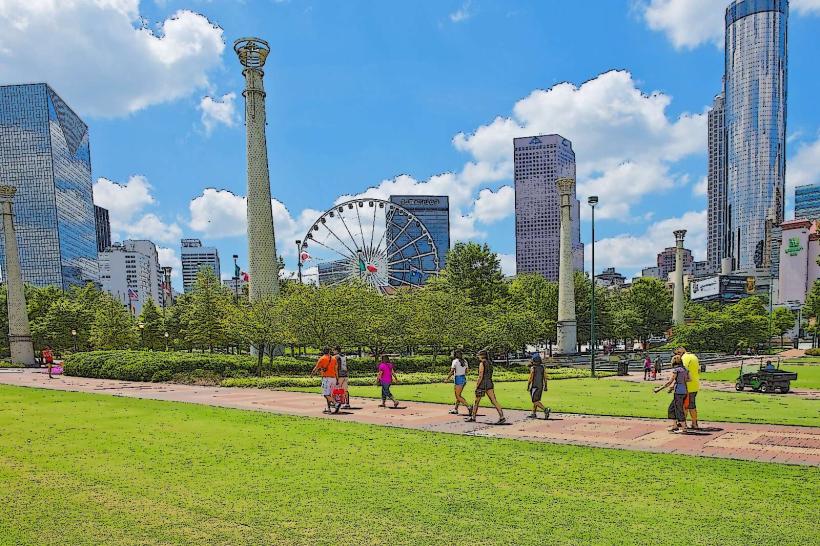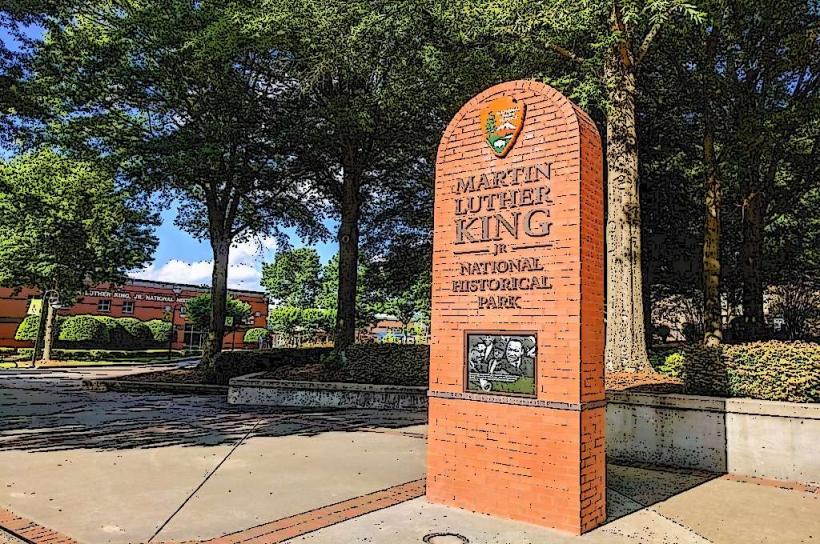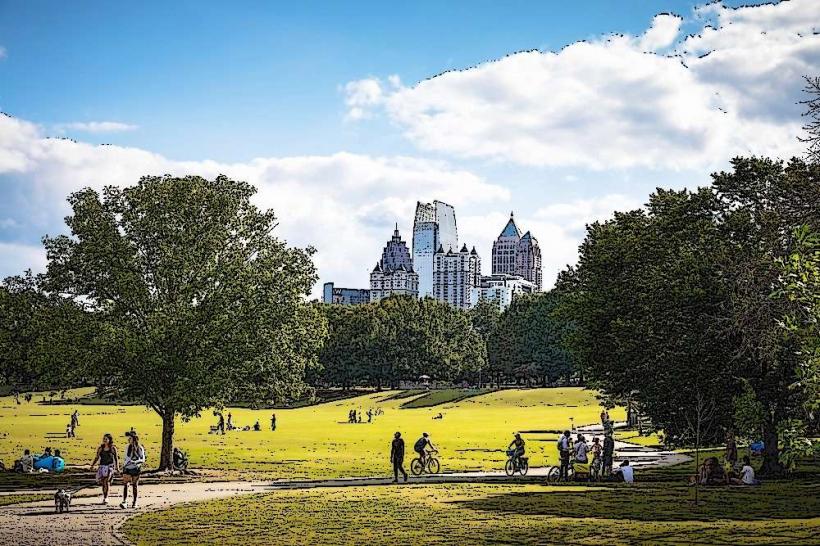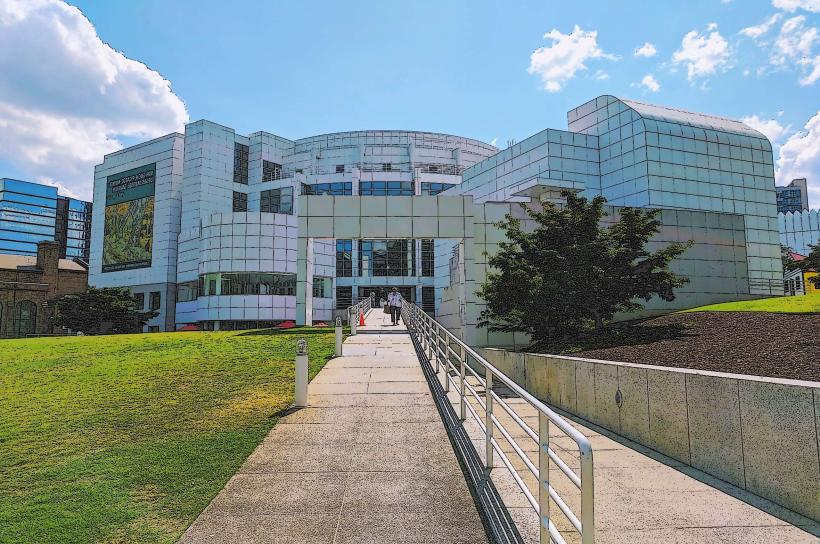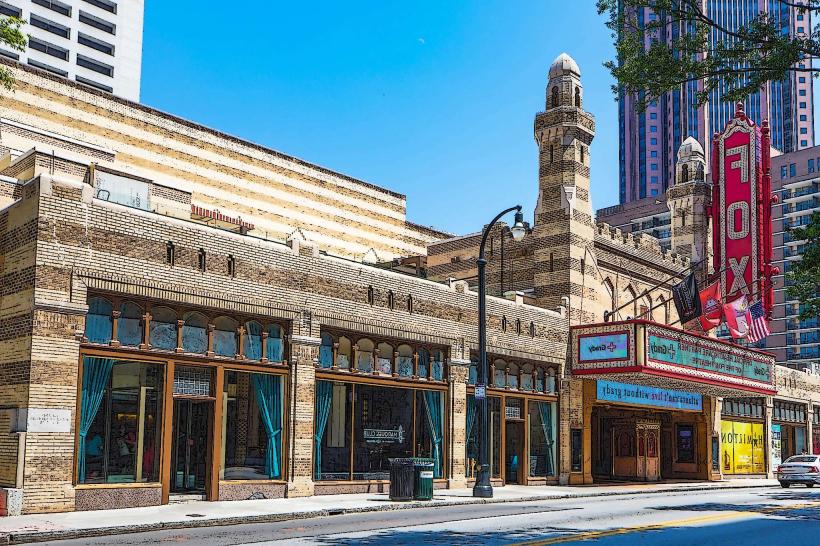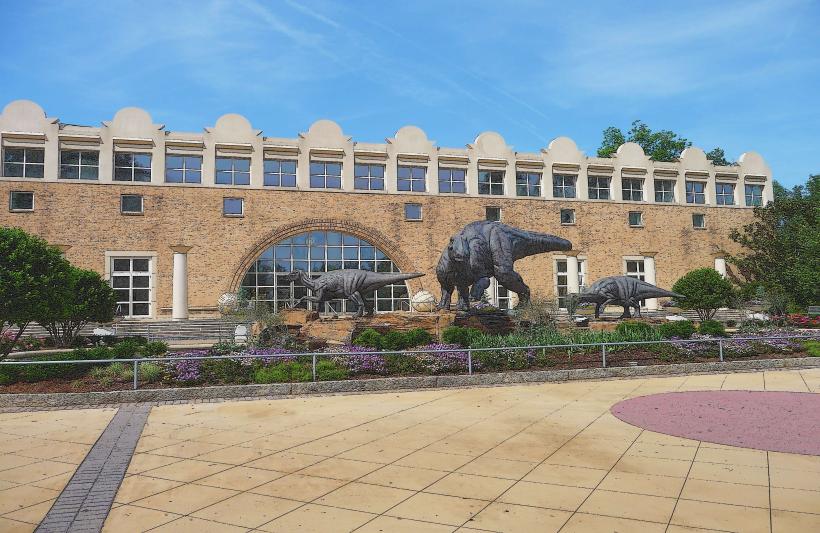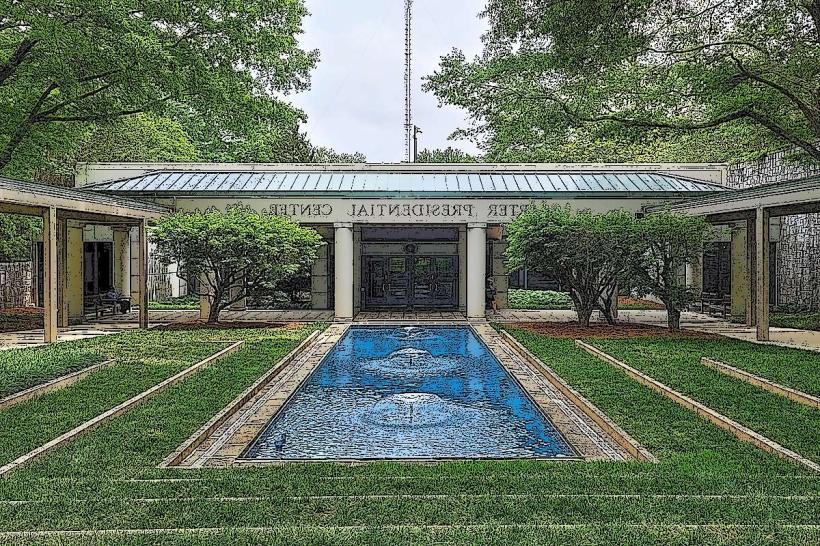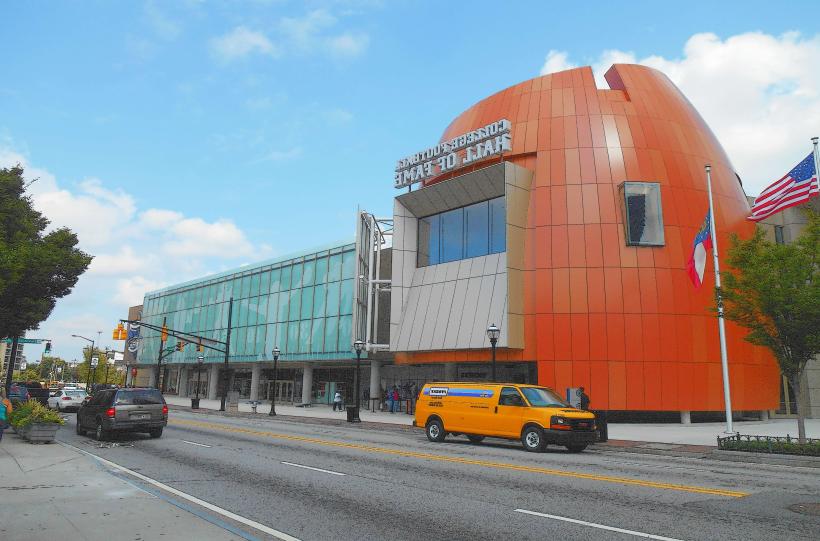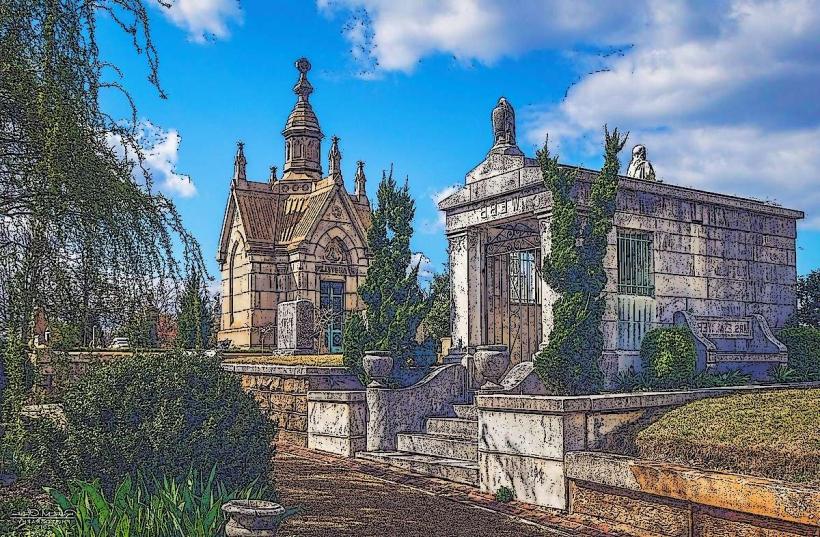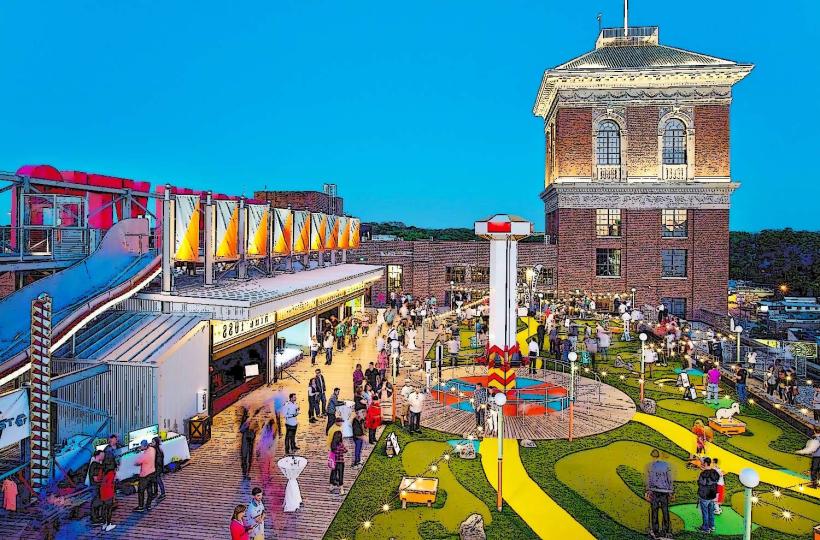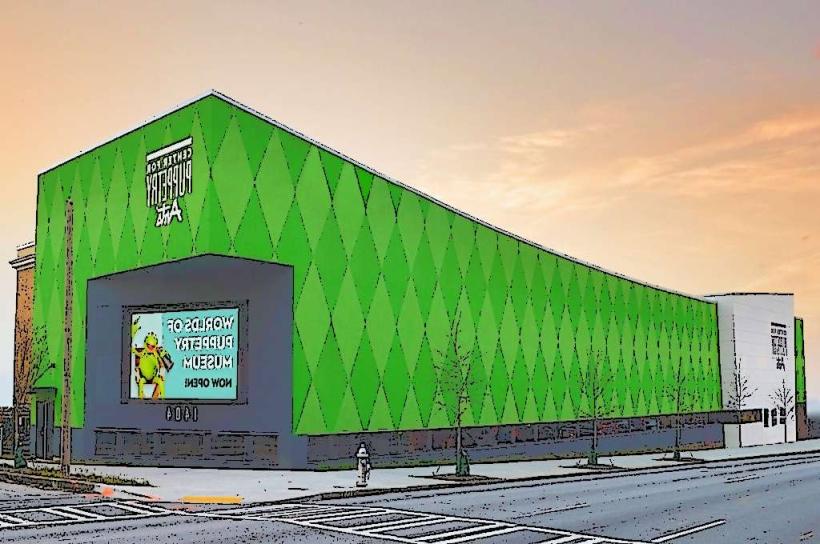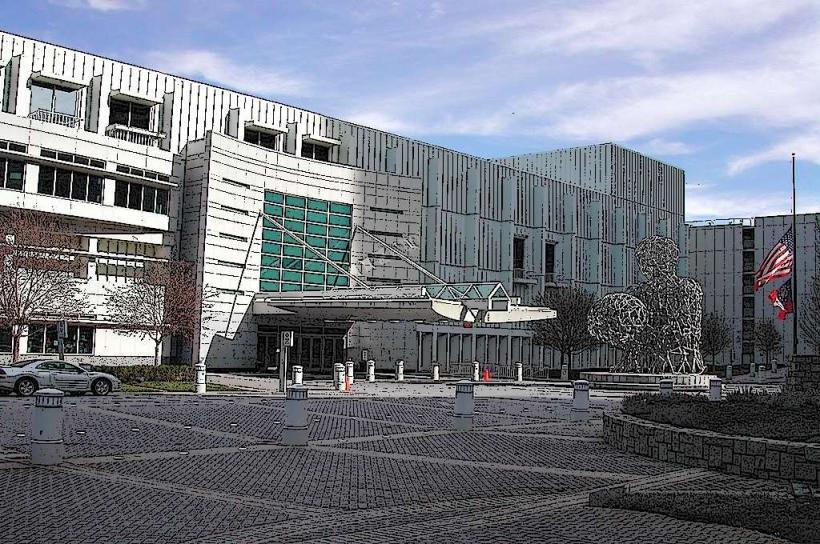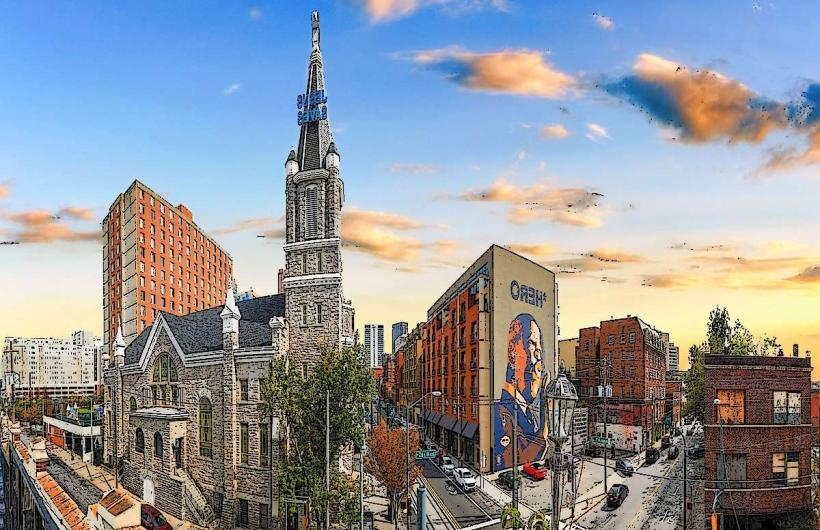Information
Landmark: Emory University CampusCity: Atlanta
Country: USA Georgia
Continent: North America
Emory University Campus, Atlanta, USA Georgia, North America
Emory University Campus is an academic institution situated in Atlanta, Georgia, USA. It comprises a collection of educational buildings, research facilities, and green spaces.
Visual Characteristics
The campus architecture features a blend of Collegiate Gothic and modern styles. Predominant materials include limestone, brick, and glass. Structures vary in height, with academic buildings generally reaching three to five stories. The central quad area is characterized by manicured lawns and mature trees, providing a structured landscape.
Location & Access Logistics
Emory University is located approximately 8 kilometers northeast of downtown Atlanta. Access is primarily via Clifton Road NE and Briarcliff Road NE. Parking is available in designated university garages, with hourly and daily rates. Public transport options include MARTA bus lines 6, 15, 21, and 42, which serve the campus perimeter.
Historical & Ecological Origin
Founded in 1836, Emory College was originally located in Oxford, Georgia, before relocating to its current Atlanta site in 1915. The campus was designed with a focus on creating an environment conducive to learning and research. The land itself is part of the Piedmont region, characterized by rolling hills and deciduous forests.
Key Highlights & Activities
Visitors can explore the Carlos Museum, which houses a collection of ancient art. The Michael C. Carlos Museum offers guided tours focusing on specific exhibits. Walking tours of the campus architecture are available through the university's visitor center. The Lullwater Preserve offers marked trails for walking.
Infrastructure & Amenities
Restrooms are available within academic buildings and the student center. Shaded areas are present in courtyards and along pedestrian walkways. Cell phone signal (4G/5G) is generally strong across the campus. Food vendors and dining halls are located within the central campus area.
Best Time to Visit
For photography, early morning or late afternoon light offers optimal illumination of the limestone and brick structures. The months of April and October provide pleasant weather conditions with moderate temperatures. No specific tide requirements are applicable.
Facts & Legends
A notable historical detail is the university's original charter, which included a provision for a theological seminary, reflecting its Methodist origins. A local anecdote suggests that the ghost of a former professor is sometimes seen in the library stacks.
Nearby Landmarks
- 0.8km South: Centers for Disease Control and Prevention (CDC)
- 1.2km Southwest: Fernbank Museum of Natural History
- 2.5km West: Druid Hills Golf Club
- 3.0km Southeast: Candler Park

